Small charities make a big contribution to wellbeing in local communities and as recent research has shown, they can be effective at supporting people who are hard to reach, hard to hear and hard to help than bigger charities or public sector organisations and agencies. 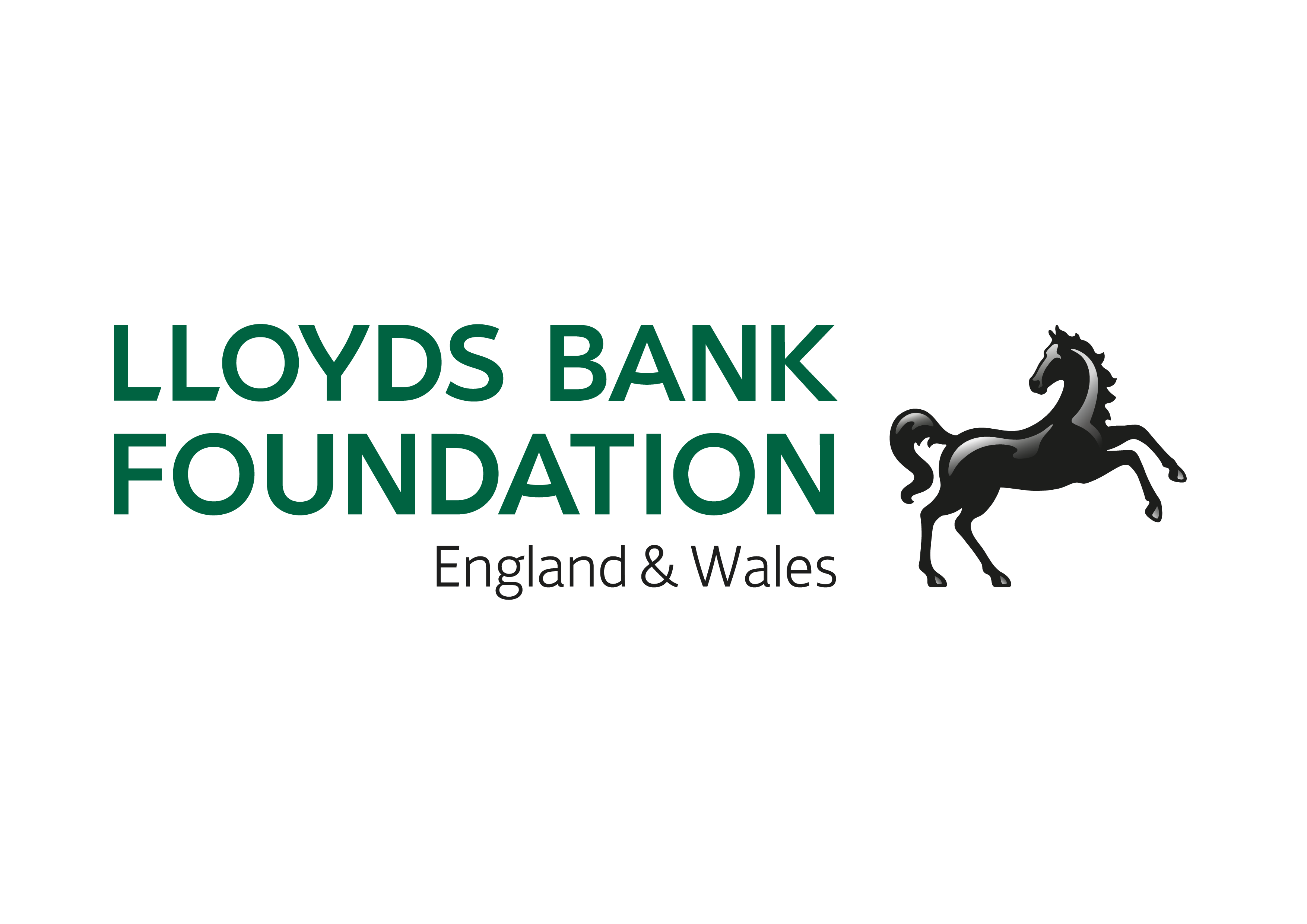
The Lloyds Bank Foundation ‘Grow’ project was devised to support small charities with income below £75,000 which were ineligible for support through the Foundation’s existing programmes. This research report explains how these charities responded to support offered to them by specialist consultants.
There have been several initiatives in the past to help small charities to become stronger, bigger and more sustainable, and to encourage them work together to increase their impact. These are all ‘big asks’ and charities often resist attempts by outsiders to change them. But there is little good evidence to make sense of the ‘social processes’ involved in providing such support and explanations for how charities respond.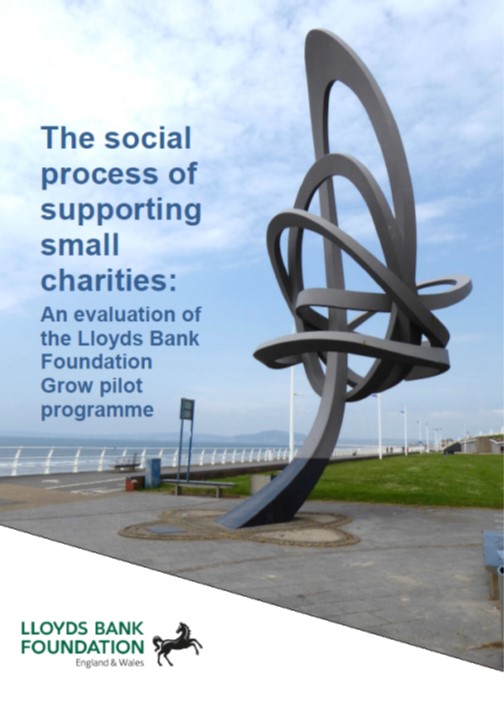
This report attempts to help fill that gap in our understanding by exploring how the culture and dynamics of small charities affects their readiness to embrace change, to accept support act upon advice in several areas of development which may be important for their future wellbeing.
Small charities may lack structural complexity (unlike larger more formal organisations with a specialised division of labour and hierarchical command chains which are underpinned by bureaucratic principles and procedures) but this does not mean that their internal dynamics are simple.
The analysis hinges upon a recognition that very small charities are much more complicated social entities than immediately meets the eye.
The full report can be downloaded here:
The Social Process of Supporting Small Charities (March 2019)
A blog on the findings can be found here:

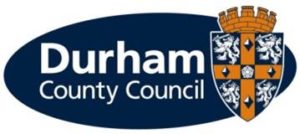 Many young people in County Durham are not achieving as much as they should as they make their journey towards adulthood. While much support is lent to young people to achieve their potential, it falls unevenly – too often being focused upon those who already have many advantages.
Many young people in County Durham are not achieving as much as they should as they make their journey towards adulthood. While much support is lent to young people to achieve their potential, it falls unevenly – too often being focused upon those who already have many advantages.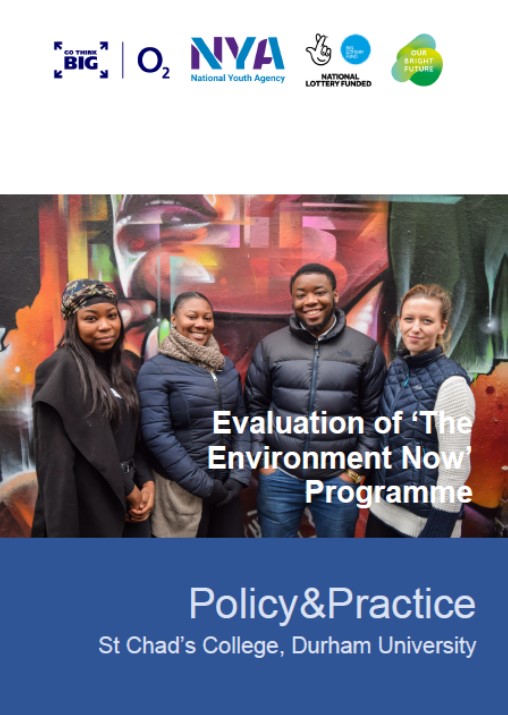 Our Bright Future allowed the NYA to to work intensively with young people over three years developing environmental projects. Funding was awarded to undertake 50 projects devised and run by young people who were, in turn, supported and trained through a comprehensive programme to develop their sustainability learning, employability skills, digital understanding and self-confidence.
Our Bright Future allowed the NYA to to work intensively with young people over three years developing environmental projects. Funding was awarded to undertake 50 projects devised and run by young people who were, in turn, supported and trained through a comprehensive programme to develop their sustainability learning, employability skills, digital understanding and self-confidence. set transfer programmes. While some community businesses are large, employing many staff, the majority are quite small.
set transfer programmes. While some community businesses are large, employing many staff, the majority are quite small. As an attraction, The Auckland Project will comprise Auckland Castle, for centuries the private palace of the Prince Bishops of Durham, along with galleries, gardens, restaurants, a park, a hotel and England’s first museum exploring the history of faith in the British Isles.
As an attraction, The Auckland Project will comprise Auckland Castle, for centuries the private palace of the Prince Bishops of Durham, along with galleries, gardens, restaurants, a park, a hotel and England’s first museum exploring the history of faith in the British Isles. t a successful organisation should look like have been adopted. And far too often, standardised tools have been developed to build the ‘capacity’ and ‘capability’ of such charities which simply don’t address the specific needs of individual charities.
t a successful organisation should look like have been adopted. And far too often, standardised tools have been developed to build the ‘capacity’ and ‘capability’ of such charities which simply don’t address the specific needs of individual charities.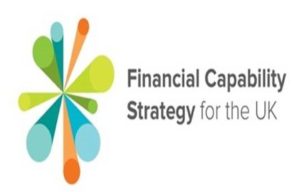 Professor Tony Chapman and Stephanie Rich are to evaluate the National Youth Agency’s My Money Now programme which is funded by the Money Advice Service. The project brings together tried and tested approaches to inform the development of financial literacy and sustained money management skills and builds on the success of an existing intervention (Barclays Money Skills Champions).
Professor Tony Chapman and Stephanie Rich are to evaluate the National Youth Agency’s My Money Now programme which is funded by the Money Advice Service. The project brings together tried and tested approaches to inform the development of financial literacy and sustained money management skills and builds on the success of an existing intervention (Barclays Money Skills Champions).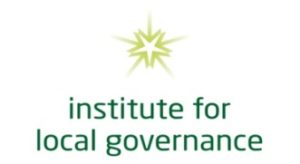 Professor Fred Robinson is working with Professor Keith Shaw of Northumbria University on a new study looking at structures and processes of governance in North East England. They will be finding out who runs public services in the region and assessing how accountable they are. They will be looking at different models of governance — some elected, others appointed. And they will be asking what works best and how we can make governance better.
Professor Fred Robinson is working with Professor Keith Shaw of Northumbria University on a new study looking at structures and processes of governance in North East England. They will be finding out who runs public services in the region and assessing how accountable they are. They will be looking at different models of governance — some elected, others appointed. And they will be asking what works best and how we can make governance better. run things. Many people distrust elites, politicians and the ‘establishment’. There are widespread feelings of powerlessness and alienation – as the EU Referendum demonstrated. But there is no simple answer to the problems facing us. Electing people to run things like Councils or the Police seems attractive, but turnouts are so low that there’s really only limited democratic legitimacy. Appointing people to run services – the boards of NHS Trusts, or the Governing Bodies of universities, for example – may bring in expertise, but can be seen to be about recruiting the ‘usual suspects’. And referendums — making decisions by asking the people — don’t seem to work all that well either.
run things. Many people distrust elites, politicians and the ‘establishment’. There are widespread feelings of powerlessness and alienation – as the EU Referendum demonstrated. But there is no simple answer to the problems facing us. Electing people to run things like Councils or the Police seems attractive, but turnouts are so low that there’s really only limited democratic legitimacy. Appointing people to run services – the boards of NHS Trusts, or the Governing Bodies of universities, for example – may bring in expertise, but can be seen to be about recruiting the ‘usual suspects’. And referendums — making decisions by asking the people — don’t seem to work all that well either. f the concern was about unelected quangos. They helped influence the debate then – institutions in the region started thinking more about the gender balance (or lack of it) on their boards and the need to have representation from BME communities. Since 2000, some things have changed for the better – but there’s certainly room for a lot more improvement. Many institutions are still dominated by the ‘male, pale and stale’.
f the concern was about unelected quangos. They helped influence the debate then – institutions in the region started thinking more about the gender balance (or lack of it) on their boards and the need to have representation from BME communities. Since 2000, some things have changed for the better – but there’s certainly room for a lot more improvement. Many institutions are still dominated by the ‘male, pale and stale’. In North East England (funded by the Community Foundation for Tyne & Wear and Northumberland). Link to the survey questionnaire:
In North East England (funded by the Community Foundation for Tyne & Wear and Northumberland). Link to the survey questionnaire: 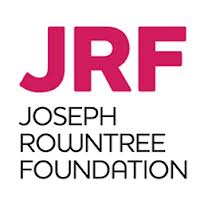


 undertaking his PhD at St. Chad’s College and Durham University Business School.
undertaking his PhD at St. Chad’s College and Durham University Business School.